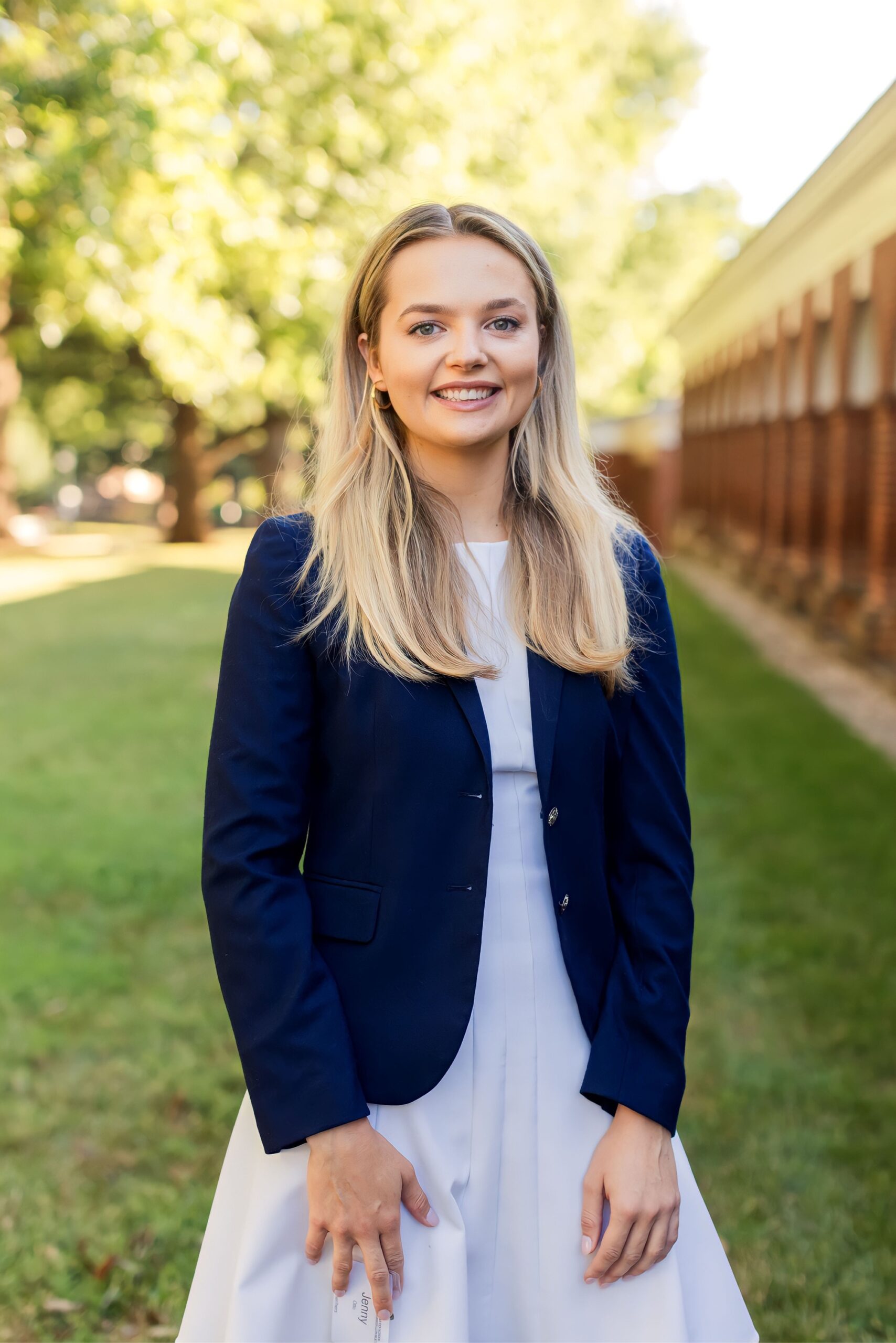2023-2024 Small Grant Awards Announced
The Center for Effective Lawmaking (CEL) is proud to present its 6th annual small grant awards and recipients. The awards are given to distinguished individuals who are researching topics which connect to the mission of the CEL to advance the generation, communication, and use of new knowledge about the effectiveness of individual lawmakers and legislative institutions. This group will join previous grant recipients who have made insightful contributions to the field and broadened the discussions around the topics within it. We are honored to support the awardees and look forward to seeing their forthcoming accomplishments.
Here are the grant recipients for 2023-2024:
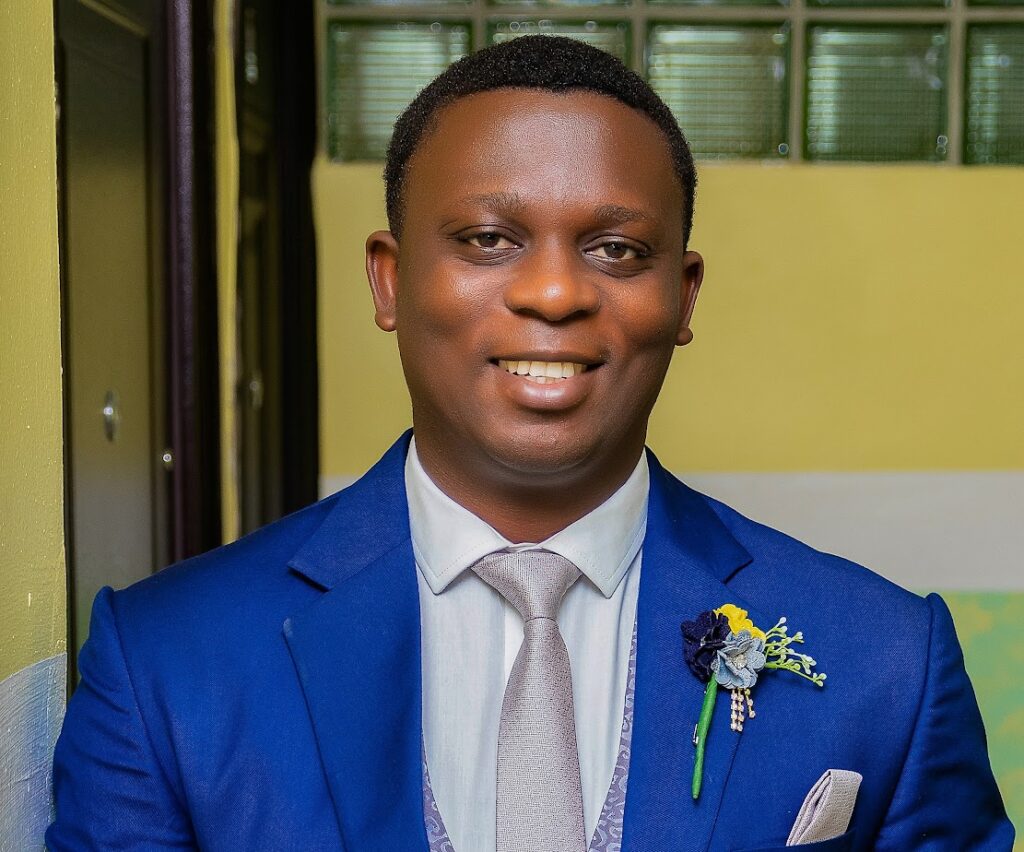
Omomayowa Abati is a final-year doctoral student in the Department of Political Science at Stellenbosch University, South Africa. He completed a BSc (Hons) in Politics, Philosophy and Economics (PPE) and an MSc in Political Science at Obafemi Awolowo University, Ile-Ife, Nigeria. His doctoral research emplaces young politicians at the intersection of party and legislative politics to understand how they navigate the dynamics of intra-party politics as aspirants and candidates and how they assert agency in the parliament by examining their legislative effectiveness. He recently completed a one-year fellowship in the School of Politics and International Studies (POLIS) at the University of Leeds, United Kingdom. He has also worked as a Lecturer in the Department of Political Science and International Relations at King’s University, Odeomu, Nigeria. His research interests revolve around party and legislative politics as well as digital and urban governance in Africa. His research has been published in international journals like the Journal of Legislative Studies, Journal of Public Affairs, and International Journal of Public Administration.
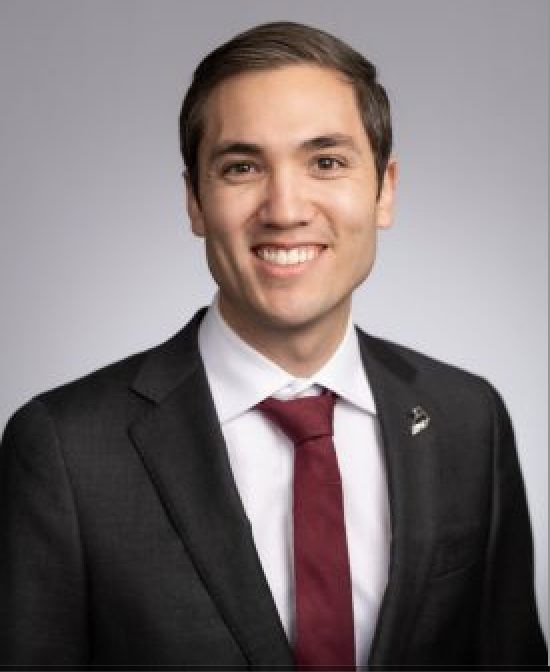
Christian Fong is an Assistant Professor at the University of Michigan and a CEL Faculty Affiliate. He specializes in the study of the United States Congress, and is especially interested in understanding congressional rules, the purposes they serve, and the conditions under which Congress will change them. He received his BSE from Princeton University and his Ph.D. from the Stanford Graduate School of Business. Before joining the faculty at Michigan he was an American Political Science Congressional Fellow, where he was an economic policy advisor to Senator Mike Lee.

Eric Hansen is Associate Professor of Political Science at Loyola University Chicago. His research explores the background experiences of elected officials, representation, state-level policymaking, and education. His work has been published in the American Political Science Review, the Journal of Politics, and Political Behavior. He received his Ph.D. in Political Science from the University of North Carolina at Chapel Hill in 2017.

Jaclyn Kaslovsky is an Assistant Professor of Political Science at Rice University. Her research focuses on Congress, representation, and women in politics. In her current work, she analyzes how members of Congress choose to allocate their resources, including their time and staff, and the effect of these choices on the quality of representation. In doing so, she seeks to provide an update to the traditional “home style” literature that explains congressional members’ attention to their home districts. Her other projects explore the consequences of increasing diversity in Congress for representation and how legislator behavior has evolved over time. Her work has appeared in outlets such as The American Political Science Review and The Journal of Politics. Prior to joining the community at Rice, Jaclyn was a Postdoctoral Research Associate at the Center for the Study of Democratic Politics at Princeton University. She completed her Ph.D. in Political Science at Harvard University and her B.A. in Political Science from New York University.

Emily Cottle Ommundsen is a Ph.D. candidate in the Department of Political Science at the University of North Carolina at Chapel Hill and a CEL Graduate Affiliate. Her research focuses on American political institutions, particularly congressional representation and institutional capacity. Most recently, she developed a tool to assess congressional committees’ legislative effectiveness to determine the effect of committee staff experience on committee productivity. Her research has been published in Legislative Studies Quarterly, Political Behavior, and PS: Political Science & Politics. Ommundsen earned her M.A. in Political Science from the University of North Carolina at Chapel Hill and her B.A. in Political Science and Religious Studies from Bucknell. Previously, she worked for both the United States Senate and the House of Representatives in personal and committee offices.
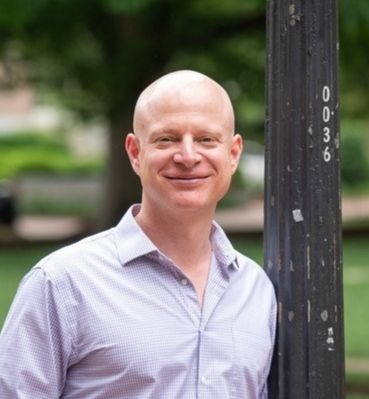
Jason M. Roberts is professor of Political Science at the University of North Carolina at Chapel Hill and a CEL Faculty Affiliate. His research centers on American Political Institutions with a focus on legislative voting and parliamentary procedure in the U.S. Congress. He also works on congressional elections and the development of political institutions in the U.S.
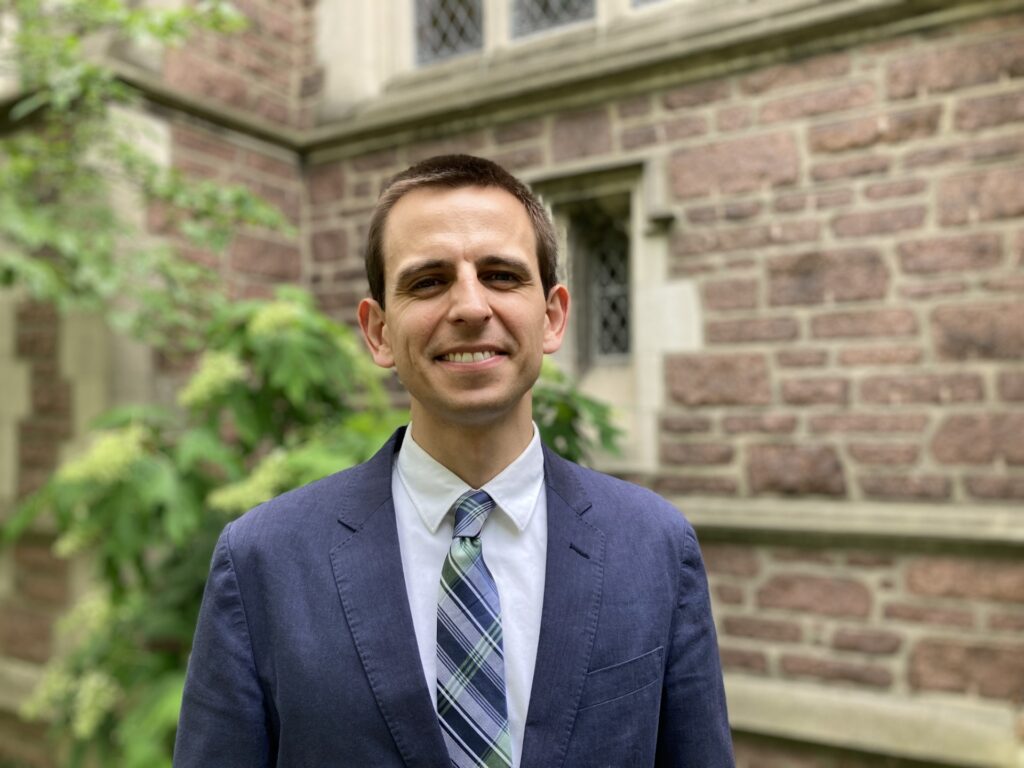
Andrew R. Stone is an Assistant Professor in the Department of Political Science at the University of Mississippi. His research investigates the relationship between political elites and the American public. Some of his ongoing projects study accountability in American elections, how and why Americans value descriptive representation, and how elected representatives politicize the American judiciary. His research on these topics been published in journals such as the British Journal of Political Science and Political Science Research and Methods. He received his Ph.D. in Political Science from Harvard University in 2021 and was a Postdoctoral Research Associate at Washington University in St. Louis from 2021-2023. He holds a B.A. in Political Science from Michigan State University.
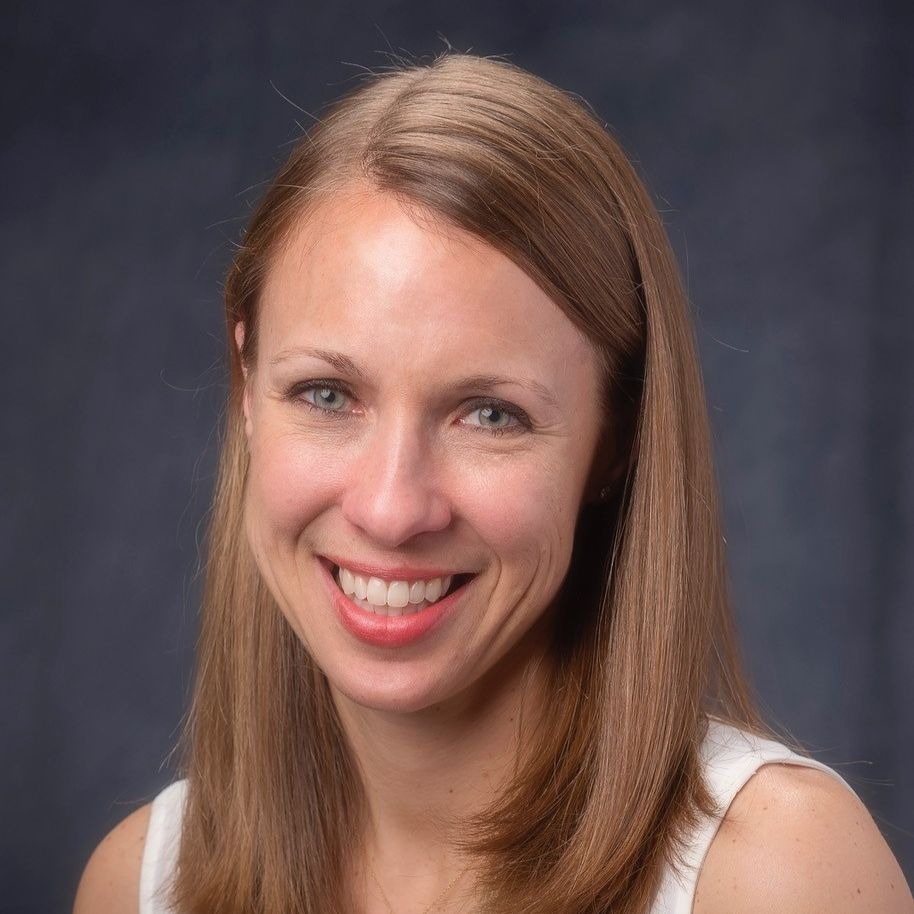
Sarah Treul is an Associate Professor of Political Science at the University of North Carolina at Chapel Hill and a CEL Faculty Affiliate. She also serves as the Faculty Director for UNC’s Program for Public Discourse. She is the recipient of the Tanner Award for Excellence in Undergraduate Teaching, the Chapman Family Teaching Award, and the Honors Carolina’s Manekin Award for Teaching Excellence. Her research interests are broadly in the area of American political institutions. Her research frequently focuses on how institutions affect decision-making – and more broadly- representation in the U.S. Congress. Her research agenda also examines the influence of primary elections on outcomes and behavior. Her most recent projects explore the role of previous political experience in aiding (or, in today’s climate sometimes harming) candidates’ success in congressional primaries and how primary candidates present themselves to their constituents. Other ongoing projects examine the minority party’s strategy in today’s polarized Congress and the role of member inexperience in decreasing legislative capacity in Congress. Treul also recently published a book on state delegations in Congress with Cambridge University Press.
Go here to view 2022-2023 recipients; the 2021-2022 recipients; the 2020-2021 recipients; the 2019-2020 recipients; and the 2018-2019 recipients.
If you are interested in applying for a research grant through the Center for Effective Lawmaking, please join our email list or contact us at thelawmakers@virginia.edu.


